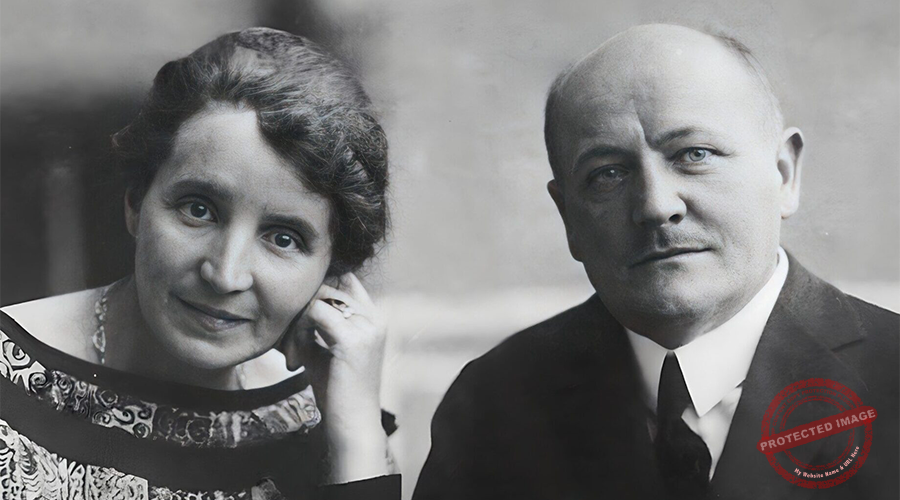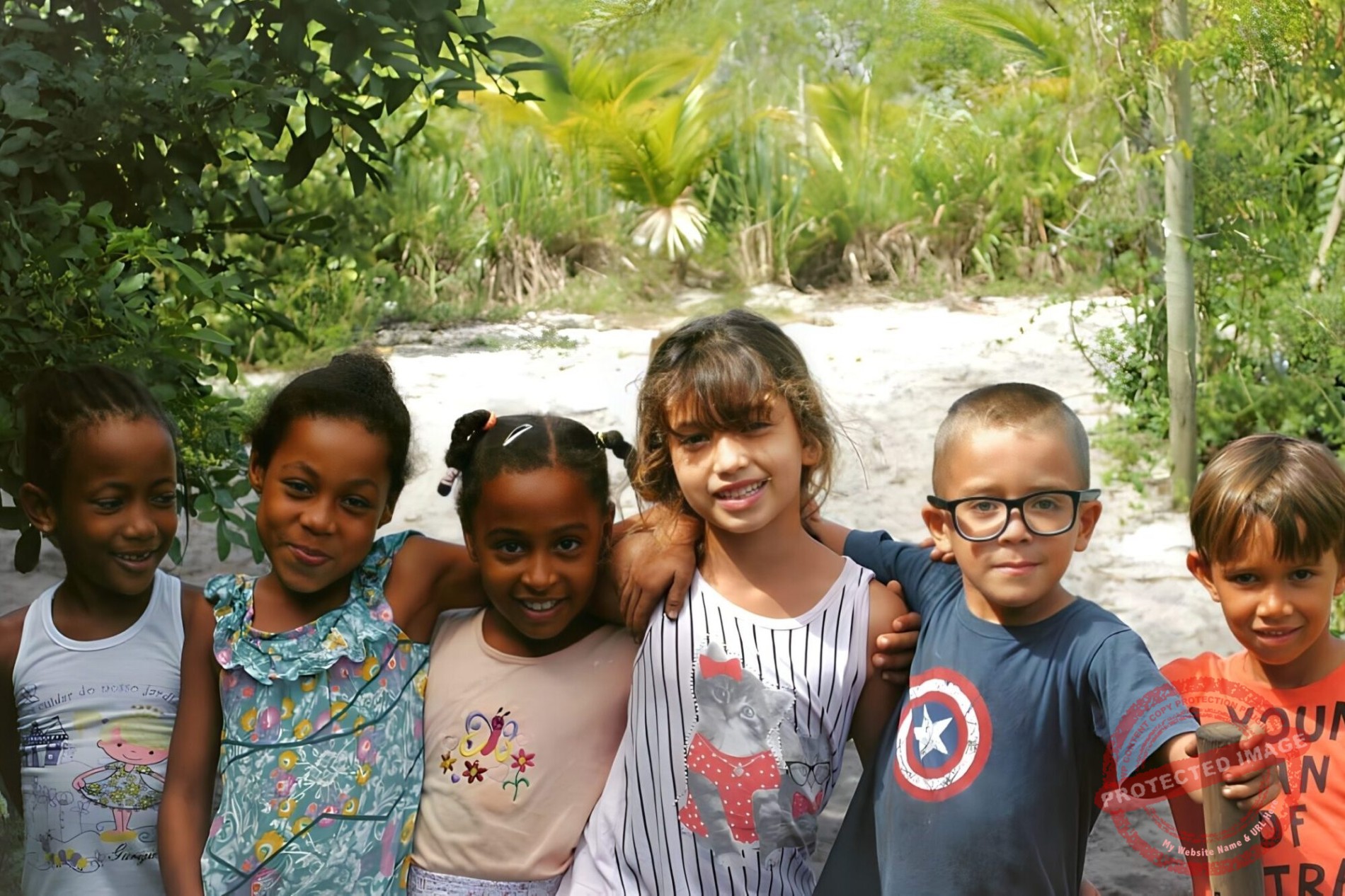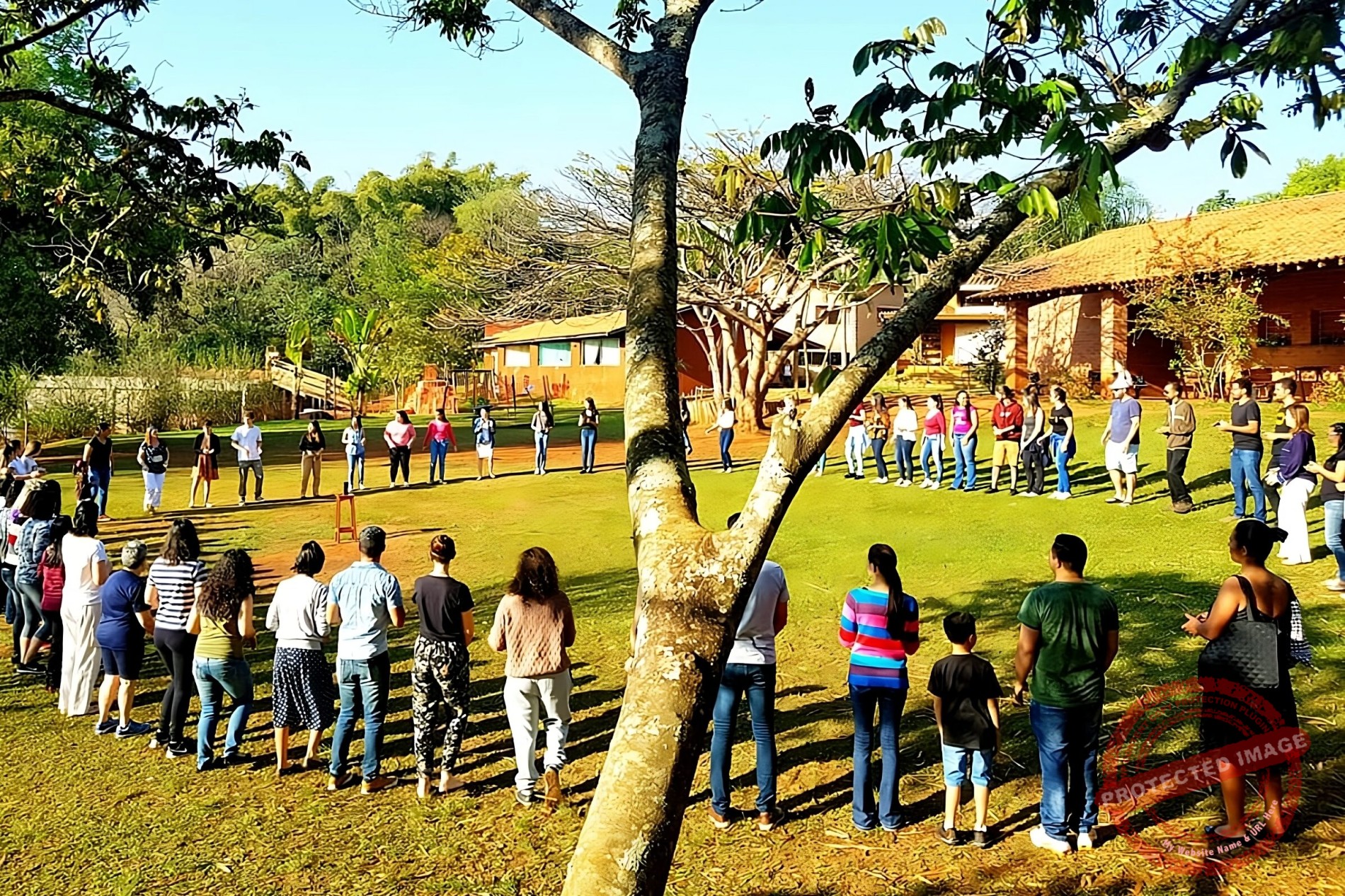[print-me target="body"]
What causes health?
by Rubens Salles
The great mystery of health comes down to answering the question: What causes health? Why are some people more resilient than others to pathogens or stress, staying healthy where others get sick?
The Greek physician Hippocrates, considered by many the “father of medicine”, guided his patients to live in harmony with the elements. For that, he prescribed gymnastics, music, theater, dance, a light diet, baths, healthy habits, a pleasant and good quality lifestyle, philosophy and meditation. Healing would be to restore this lost original harmony. In antiquity, various currents of medicine, such as Greek, Chinese and Hindu or Ayurveda, acted more in the sense of treating health to prevent people from getting sick, than in treating diseases.
During the last century the human way of life has changed radically. From a mostly rural society, which lived to the rhythm of the seasons and with much simpler living standards than today, we have become an urban society, highly technological and competitive, with a very fast pace of life. This acceleration has also been imposed on education, where literacy has been increasingly precocious, even before the child develops mastery of their body geography and their motor skills.
Until the age of 7, the child needs to experience what is below, above, front, back, right and left. He needs to play a lot, whenever possible outdoors, where he can run, jump, jump, climb trees, balance, swing, play with a ball, jump rope, cycle, play in playgrounds, etc., which are activities that help to develop your gross motor skills. You should also perform manual activities that develop fine motor skills, such as drawing, cutting, gluing, etc. This physical preparation before starting to be literate and learning math will make you ready to start learning and is a very important investment for your future health. Anthroposophical studies indicate that, when education accelerates the child's intellectualization process, it is consuming vital forces that will be lacking in adult life, which is one of the reasons that today, many young adults already have health problems that would be typical of old age. .
Another factor that impacts health today is the stress caused by the high stimulus to consumption and the apology for material progress, which leads people to live with the sole objective of accumulating goods, social status, glamor and power, in search of ephemeral success, that never satisfies. Other very serious stressors are inequality and poverty, which affect human dignity and disrupt families.
Despite all the accumulation of knowledge that humanity has achieved until today, we continue to be the same human being, from the physical, mental and spiritual point of view, and, as we start to live in a way that is often contrary to human nature, we become more susceptible to new pathogenic states. Many of us have already felt the harmful effects caused to our health by the stress caused by the demands of the society we create. Loss of stamina, heart, metabolic, and nerve disease are common, or you've had it or know someone who has.
However, what is most serious about this issue is that what affects the lives of adults also has a strong impact on the health of children. We adults still have the ability to rationalize about what happens to us, we can talk to friends about the case, ask for opinions, help, go to therapy, etc. affect more seriously, but with children it is different. The child, especially in the first seven years, still does not have a developed intellect, and cannot raise to a level of consciousness what he receives from the world and work with it to protect himself. She cannot “understand” and accept stress-free family situations, for example. Thus, what the child receives from the world is quickly incorporated into its organic constitution, because until the change of teeth, the child is really configuring its organism. The contemporary lifestyle presents real risks to health, especially considering the future of children, and it is important that the school be a counterpoint, a line of defense for this, as well as it is necessary to increase the awareness of parents on the subject.
This view of the negative impact of stress on health, which disharmonizes our lives, is not unique to Anthroposophy or Waldorf Pedagogy. As we saw above, scholars have been concerned with this since antiquity. The principle of seeking to understand what causes health, of studying the reasons that lead someone to be healthy, was also researched by scientist Aaron Antonovsky, doctor in sociology of health at Yale University, who called it Salutogenesis. Antonovsky described this principle in his 1979 book Health, Stress and Coping, followed by his 1987 work Unraveling the Mystery of Health.
Salutogenesis seeks to understand what causes health, and is the opposite of the principle of Pathogenesis on which contemporary medicine is based, which seeks to understand and treat what causes disease, a line that is of interest to the powerful medicine industry. Health does not generate profits for this industry, only disease. Studying human health from the point of view of Salutogenesis represents a complete inversion of the paradigm.
Research and studies carried out by Antonovsky led him to conclude that in order to maintain the quality of our health, we depend on a set of capabilities that he called “sense of coherence” – SOC (sense of coherense), a concept that represents the level of trust , balance and resilience with which each individual lives and faces the stresses of life, and which consists of three basic capacities:
comprehensibility – ability to understand in an orderly, clear and consistent way the stimuli, demands and challenges arising from the various environments related to your life – personal, professional, social, etc.
manageability – ability to act, from your personal and social resources, in the face of stimuli, demands and challenges of the various environments related to your life, in order to minimize the possibilities of being negatively affected by events.
significance (meaningfulness) – ability to find meaning and motivation to act in the face of stimuli, demands and challenges related to your life, and to overcome situations in a way that does not affect your dignity.
According to Antonovsky, this set of capabilities allows the individual to safely and coherently face the stress caused by events that may affect the order in his life, and to integrate these events as a life experience. It is not by chance that in these three capacities you identify Thinking, Willing and Feeling, the human capacities whose development is at the heart of Waldorf Pedagogy.
Antonovsky died in 1994, but his theories continue to be studied, and recent research in psychoneuroimmunology confirms the relationship between emotional balance and health, contained in the theory of Salutogenesis.(1)
Anthroposophy considers that human health is correlated with the way children are cared for and educated, from an early age, and believes that childhood must be protected. Therefore, Waldorf Pedagogy seeks to carry out education based on principles that lead to harmonious development. It works from an anthropological knowledge and a humanist and spiritualist vision, and seeks to adapt the pedagogical activities to the children's age, to their natural readiness to face the challenges that will be presented to them each year. It also considers the temperament of each one, and carries out education based on a healthy rhythmic organization, enriched by the various artistic experiences offered.
Bibliography
- LINDSTRÖM Bengt & ERIKSSON Monica – Contextualizing salutogenesis and Antonovsky in the development of public health: Oxford Academic. Helsinki, 2006
***







